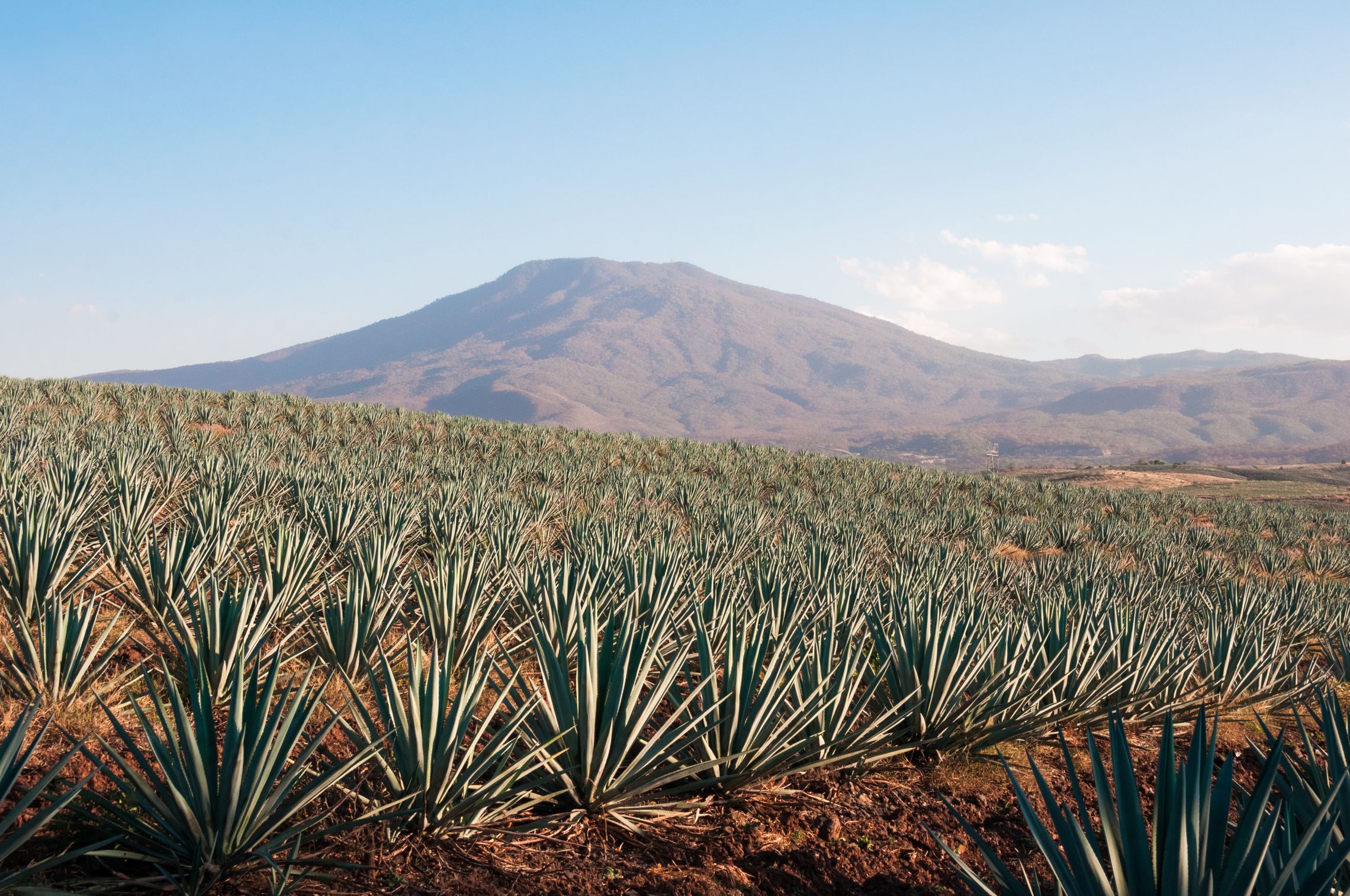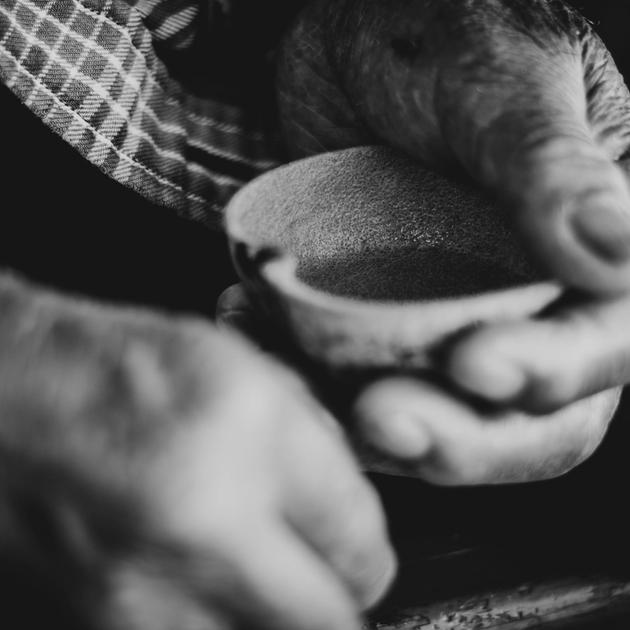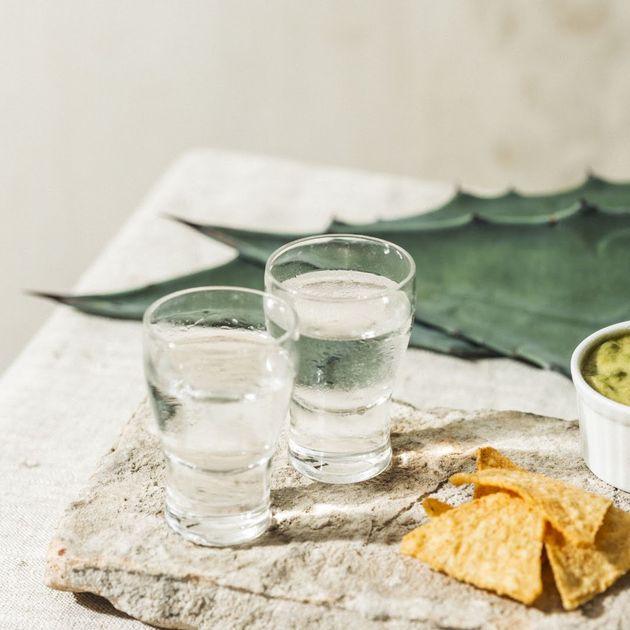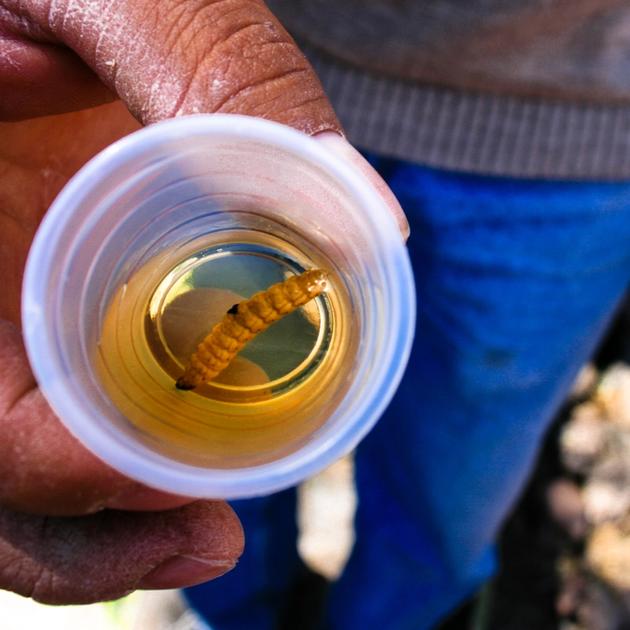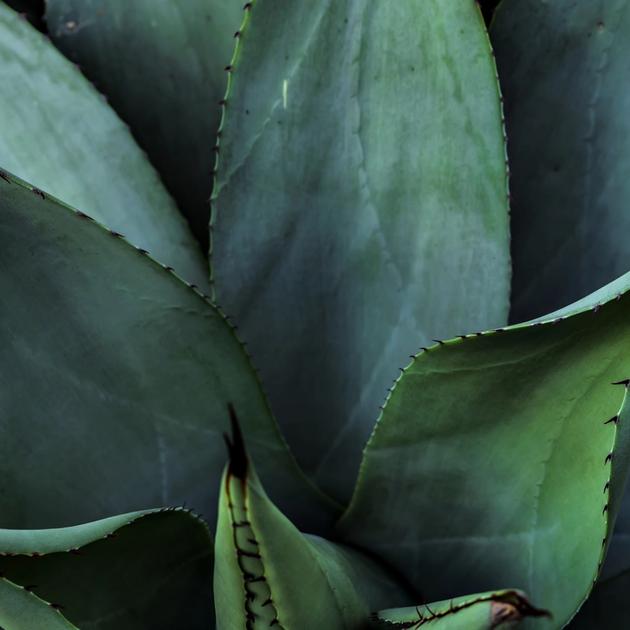Not sure if non-GMO is the way to go? Let’s dive into the risks and information available on GMOs and why we choose not to go that route.
Cream of the Crop
GMO is defined by the World Health Organization as “organisms (plants, animals or microorganisms) in which the genetic material (DNA) has been altered in a way that does not occur naturally by mating and/or natural recombination.” Genetically modified foods were created initially to protect crops that were constantly dying due to pests. This meant that crops (and a lot of money) were being lost each year so genetic engineers stepped in to preserve the best traits of certain kinds of plants.
There is a lot of debate around GMOs, since there is evidence supporting it can cause health issues due to certain toxic additives. We believe that these GMOs shouldn’t be in what we consume, and that’s why we decided to be a non-GMO company that sticks to tradition.
Straight A’s
While the plants in other alcohols or foods may contain GMOs, that doesn’t mean they haven’t had any testing done. The Food and Drug Administration (FDA) makes sure that the contents in all foods meet the same standards as non-GMO foods. The Environmental Protection Agency (EPA) regulates pesticides, and the Department of Agriculture completes inspections to look at how GMOs could affect other plants.
While all of this sounds great on the surface, we realistically don’t know how these chemicals will affect us long term. In fact, there is a ton of genetic instability with using GMOs. Even the scientists testing on animals recognize that there can be increased toxins, allergic reactions, antibiotic resistance, immuno-suppression, loss of nutrition, and even cancer with the use of GMOs. That’s why so many people look for the assurance offered by Non-GMO Project verified products (with the very cute butterfly seal) when they’re searching the grocery aisles.
Wait, So It’s Just Organic?
Nope. If something is non-GMO, it does not necessarily mean it’s organic, although organic production methods may be used. They go through different sets of testing. For instance, non-GMO items have to undergo testing by the Non-GMO Project, while organic certification must be tested through The Department of Agriculture. This includes testing methods like segregation and traceability as part of the verification process to ensure that everything is up to the Non-GMO Project standard.
Some of the key differences are that organic foods or drinks must go through testing of many more high-risk ingredients, such as antibiotics, hormones, artificial colors, preservatives, GMOs, synthetic pesticides, and sewage sludge. Non-GMO is strictly that: no GMOs.
It’s All Good
With non-GMO products, you know that what you are consuming has been tested every step of the way for GMO-free ingredients. It is more environmentally sustainable, and you avoid all of the health risks, so it’s probably worth adding non-GMO to your list of non-negotiables. But make sure to keep your eyes peeled—the FDA does not require foods that contain GMOs to label them as such. They are only labeled if they are non-GMO. Two words: butterfly seal.
Good for You
When altering the genetic makeup of a plant, we can only imagine the damage that might do to our bodies. For instance, one of the most popular herbicides, Roundup, has grown exponentially in the past few years. In 2015, WHO stated that the main ingredient in Roundup (glyphosate) is “probably carcinogenic to humans.” No thank you?
In dairy products, cows treated with recombinant Bovine Growth Hormone (rBGH) increase the insulin-like growth factor. This rBGH can completely surpass digestion, making its way into the bloodstream and intestines. The insulin-like growth factor is a critical component of several cancers. There are also several concerns linking GMOs to antibiotic resistance genes and allergens, not to mention the high risk for the environment. We’ll stick with that non-GMO label, thanks.
Good for the Planet
If you need more reasons to go non-GMO, don’t worry—we’ve got them. Non-GMO foods are often more sustainable and are definitely healthier for the environment. Some other environmental risks that are concerning with the use of GMOs are how they can genetically alter their surroundings, such as insects. Since GMO messes with the genetic makeup of plants like soybeans, alfalfa, and GMO corn, it can risk instability of the gene and increase the amount of chemicals used by food manufacturers.
With Mezcal Rosaluna, we craft the Mezcal from start to finish and go through extra certifications, so that there is no question re: the quality of our product. We don’t use harmful chemicals and believe strongly in sustainability. We are carbon-neutral, harvest our own plants, and use natural pollination. Want to learn more about our commitment to sustainability? Trust us, it’s a fun read.
Fear the Unknown
While there is some testing, we know that currently, there are NO epidemiological studies that look at the potential health effects of GMO and bioengineered foods on humans. There have been studies done, but they have been completed by biotechnology companies—and in general, they’re in support of GMO foods, so we don’t know how much that’s skewing their findings. We don’t have a lot of information on the long-term studies, but we do have some short-term evidence that supports the negative health impacts of these chemicals.
Most of our foods in the United States nowadays contain GMO crops, with corn, soy, and canola being top contenders. GMOs are also in a lot of animal feed, meaning anything with animal products has an increased risk of containing them. Fortunately, we do almost everything by hand over here.
Au Naturale
We don’t know how GMOs ultimately affect our bodies or the environment, but we do have evidence that suggests it doesn’t look too good. That’s why we believe in going the extra mile to obtain certifications, such as non-GMO and gluten-free ones. Plus, Mezcal Rosaluna is also vegan, zero-carb, plant-based, and carbon-neutral. What more could you ask for?
The bottom line is: Why put extra chemicals into your body when you don’t have to? Our Mezcal Rosaluna is made with only three ingredients: Mezcal, agave, and lots of love. This doesn’t mean just lots of love to our Mezcal, either. It means lots of love for the environment and being respectful of our customers' health with GMO avoidance.
Why wait? Enjoy your alcohol ethically, and get started by enjoying the sweet and smoky taste of our Mezcal Rosaluna. Oh, and don’t forget to pick up a reusable water bottle on the way out. Because we should always be putting Mother Earth first.
Sources:
Food, genetically modified | who.int
Issues | | GE Foods | Center for Food Safety
Non-GMO vs. Organic: What Is The Difference? | Only Organic
GMO Facts | The Non-GMO Project
